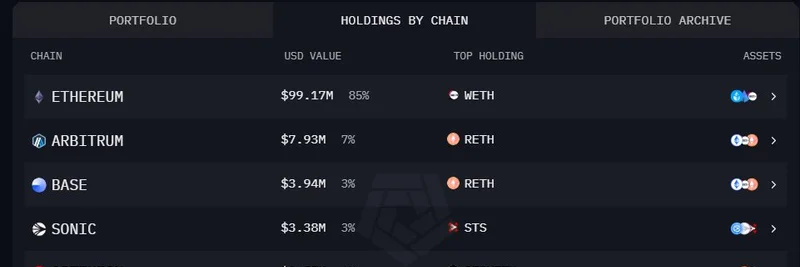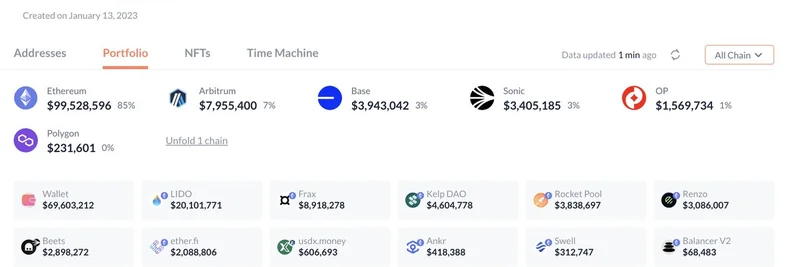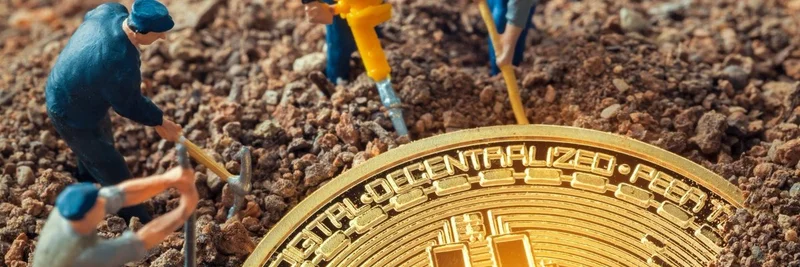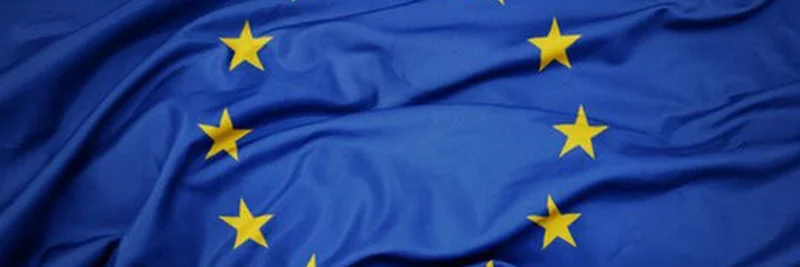Hey there, crypto enthusiasts and blockchain curious! If you’ve been scrolling through X lately, you might have stumbled upon a fiery take from Raphael Spannocchi (@raphbaph) on July 27, 2025. In a post that’s got people talking, Raphael calls out the idea that "DAOs have failed" as a lazy and nihilistic viewpoint. Let’s dive into what this means, why it matters, and what the future might hold for these decentralized experiments.
What Are DAOs, Anyway?
For those new to the scene, a DAO—or Decentralized Autonomous Organization—is like a digital club run by code rather than a CEO. Think of it as a group where decisions are made collectively via smart contracts on a blockchain, like Ethereum. Members often hold tokens that give them voting power, and the whole setup aims to cut out middlemen and empower the community. It’s a big deal in the Web3 world, with examples like Constitution DAO raising $47 million to bid on a rare U.S. Constitution copy (they didn’t win, but the hype was real!).
The “DAOs Have Failed” Debate
Raphael’s post hits back at the growing narrative that DAOs are flops. Critics point to issues like security bugs, governance challenges, and low voter turnout—stuff that’s been documented on sites like CoinTelegraph. For instance, inactive token holders can stall decision-making, and hacks have hit some DAOs hard. But is that the full story? Raphael thinks not. He argues that dismissing DAOs because of these hiccups is like saying we should stop trying new ways to work together just because we’re already pros at it. Spoiler: we’re not!
Why Experimentation Matters
Here’s the kicker: DAOs are experiments in coordination on a global scale. They’re not perfect yet, and that’s okay. The Wikipedia page on DAOs notes they’ve evolved since the 1990s, with a big leap in 2013 when blockchain tech made them practical. Today, they’re tackling everything from DeFi projects to community governance. Raphael’s point seems to be that failure is part of the process—think of it as a startup phase for a new way of organizing people.
The Evolution Angle
Instead of failure, maybe DAOs are evolving. The challenges—like those outlined in the Blockchain Governance Framework—are pushing developers to improve security and participation. Delegating voting power to active members or refining smart contracts could be game-changers. Plus, with meme tokens and Web3 projects popping up (check out Meme Insider for the latest!), DAOs might find new life in creative, community-driven spaces.
What’s Next for DAOs?
So, are DAOs doomed or destined for greatness? Raphael’s sass suggests we shouldn’t give up yet. As someone who’s tracked this space (imagine me as a former CoinDesk editor!), I’d say the truth lies in between. DAOs need better tools, clearer rules, and maybe a bit more trust-building—cultural hurdles that CoinTelegraph highlights. But their potential to rethink how we collaborate globally is too exciting to ignore.
What do you think? Drop your thoughts in the comments or hit up the X thread here. Whether you’re a blockchain pro or just here for the meme token vibes, let’s keep the convo going. DAOs might not be perfect, but they’re definitely not done yet!




